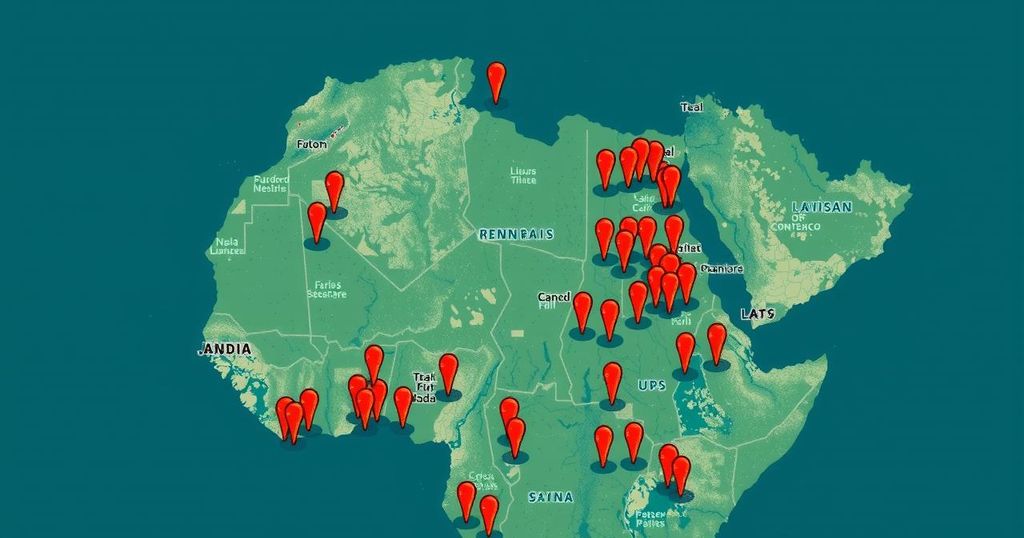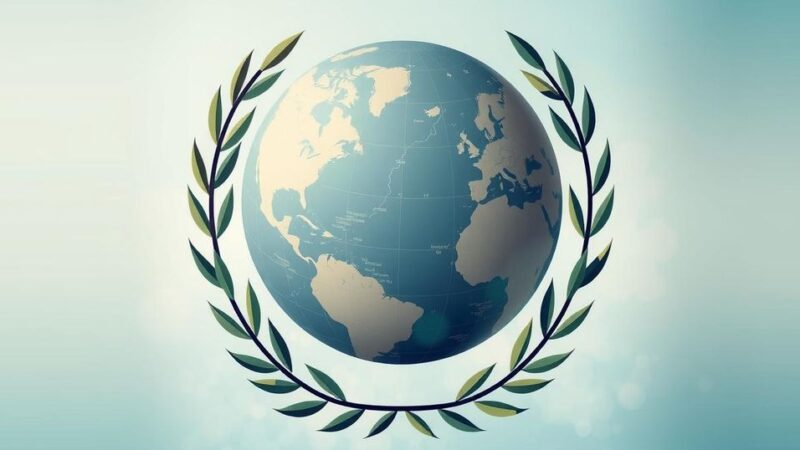UNESCO has pledged continued support to enhance the capabilities of South Sudanese media managers during a recent training session in Wau. Addressing the challenges faced by local media, the training focused on critical issues such as countering hate speech, ethical reporting, and preparing for the upcoming elections. Key figures emphasized the importance of collaboration among media professionals to promote responsible journalism in the region.
UNESCO has reaffirmed its commitment to supporting South Sudan’s media sector, recognizing the various challenges faced by media managers in the region. During a two-day training session held in Wau for media managers and editors representing the states of Western Bahr el-Ghazal, Warrap, Northern Bahr el-Ghazal, and Lakes, Mr. Paul Night, the representative of the UNESCO Country Director, emphasized the organization’s collaborative efforts to help enhance the skills of journalists. “We are pleased to have you all here. We know the challenges that you face at your stations, and we are trying our best with our partners, the Association for Media Development in South Sudan (AMDISS) and so many others to help you build your capacities,” stated Night. The training session, which brought together 30 participants, focused on critical themes such as countering hate speech, promoting gender-responsiveness, ensuring conflict-sensitive reporting, fact-checking, and adhering to ethical journalism standards. Mr. Night pointed out the significant issues faced by community radio stations, particularly concerning human resources and financial management, which often result in high staff turnover and hinder sustainable operations. He urged the participants to enhance their journalistic skills, particularly with the impending elections scheduled for 2026, highlighting the need for quality reporting. Mary Ajith, the chairperson of the Board of Directors for the South Sudan Broadcasting Corporation (SSBC), called upon journalists to work collaboratively in combatting hate speech. “For media management, countering hate speech and misinformation and disinformation is something that you can do collaboratively, not in competition,” said Ajith. She stressed the importance of unity among media outlets, especially in the context of the electoral process, noting the vital role the media plays in shaping public discourse during elections. Samuel Nicola, the Information Minister for Western Bahr el-Ghazal State, reinforced the objective of the training, aimed at bolstering the journalists’ capabilities in information management while promoting ethical practices and advocating for media personnel rights. “This workshop has been designed to strengthen your ability and capacity in managing information as well as promoting ethical journalism and advocating the rights of all media personnel, whether in the country or in Bahr el-Ghazal,” Nicola assured the participants. He also committed to fostering cooperation between the state and the journalists in Wau, emphasizing the mutual understanding necessary for effective reporting in the region.
The media landscape in South Sudan is fraught with challenges ranging from inadequate resources to a lack of skilled personnel, further complicated by regional instability and the ongoing need for reliable information dissemination. UNESCO’s initiative to support media managers through training programs aims to address issues such as capacity building, ethical journalism, and the mitigation of hate speech, which are crucial in the lead-up to national elections. This focus on collaboration among media entities is vital as the nation prepares for a significant political event, highlighting the essential role that responsible journalism plays in shaping a democratic society.
In conclusion, UNESCO’s support for South Sudan’s media sector is a critical step towards enhancing the capacity of journalists in the region. Through training initiatives that emphasize ethical practices and collaboration, media personnel are better equipped to effectively manage information and contribute positively to the electoral process. The ongoing partnership with organizations such as AMDISS indicates a commitment to sustainable media development in South Sudan, ultimately fostering a more informed public. The collective efforts of media managers and government officials suggest a unified approach to addressing hate speech and misinformation, which is crucial for maintaining stability and promoting democratic values in the country.
Original Source: www.radiotamazuj.org






